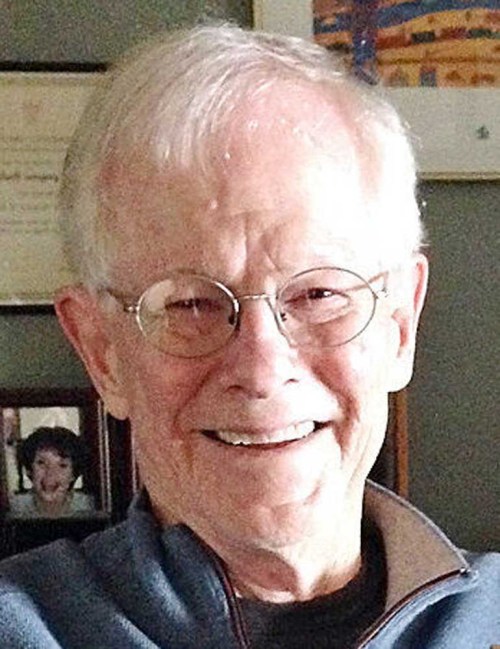Josephy Center hosts women’s exhibit, Brown Bag discussions
Published 9:28 am Tuesday, February 16, 2021

- Nokes
JOSEPH — The Josephy Center for Arts in Culture will present a women’s exhibition, entitled “MOTHERHOOD,” which begins on Friday, Feb. 26. There will not be an opening reception due to COVID-19 restrictions, but the gallery will be open Monday-Friday from 12-5 p.m. and Saturdays from 12-4 p.m.
The exhibit will run from Feb. 26 to April 6.
Trending
For the past seven years, JCAC has done an open call for women’s artwork. This year’s curator, Aimee Jungmann, looked through 24 artists’ artwork and selected 33 pieces that will be on display. “I’m really looking forward to hanging and setting up this exhibit. It will be difficult to choose a favorite for the Curator’s Choice award,” said Jungmann in a press release.
Two awards will be presented: People’s Choice and Curator’s Choice, with $50 prizes. Artists include Jennifer Klimsza, Jane Glesne, Talia Jean Galvin and René Fleming.
The theme of motherhood was selected because 2020 was a tough year for women — COVID-19 school closures sent women back home to care for children, and act as teacher and mother, all while trying to work to keep families together. The theme also celebrates, honors and delves into some of the complexities of motherhood.
Brown Bag discussions continue on Tuesdays at noon. The final discussion for February, honoring Black History Month, will look at Oregon’s own unique relationship to race and government in a discussion of historian Greg Nokes’ “Breaking Chains, Slavery on Trial in the Oregon Territory,” on Tuesday, Feb. 23.
In “Breaking Chains,” Nokes tells the story of the only slavery case adjudicated in Oregon’s pre-Civil War courts — Holmes v. Ford. Through the lens of this landmark case, Nokes explores the historical context of racism in Oregon and the West, reminding readers that there actually were slaves in Oregon.
Drawing on court records, Nokes offers an intimate account of the relationship between a slave and his master — from the slave’s point of view. He explores the experiences of other slaves in early Oregon, examines attitudes toward race and reveals contradictions in the state’s early history. Oregon came into the Union as a “free state,” but it also came in with a voter-approved constitutional clause banning African Americans. As Nokes points out, many came to Oregon with slaves, and others tolerated slavery and supported politicians who advocated for slavery, including Oregon’s first territorial governor. What kind of impacts did this have on Oregon’s subsequent racial history?
Trending
The Zoom meeting is free and open to everyone, and author Greg Nokes will join the discussion. Log on to https://us02web.zoom.us/j/85617978045?pwd=bUJwWE9jTnFXd0YyZitydFY0YVBzUT09 to be part of the discussion.
In March, Brown Bag discussions will focus on “The Yellow House: A Memoir by Sarah M. Broom” (The 2019 National Book Award Winner). Dates are still to be determined; visit www.josephy.org for updates.









